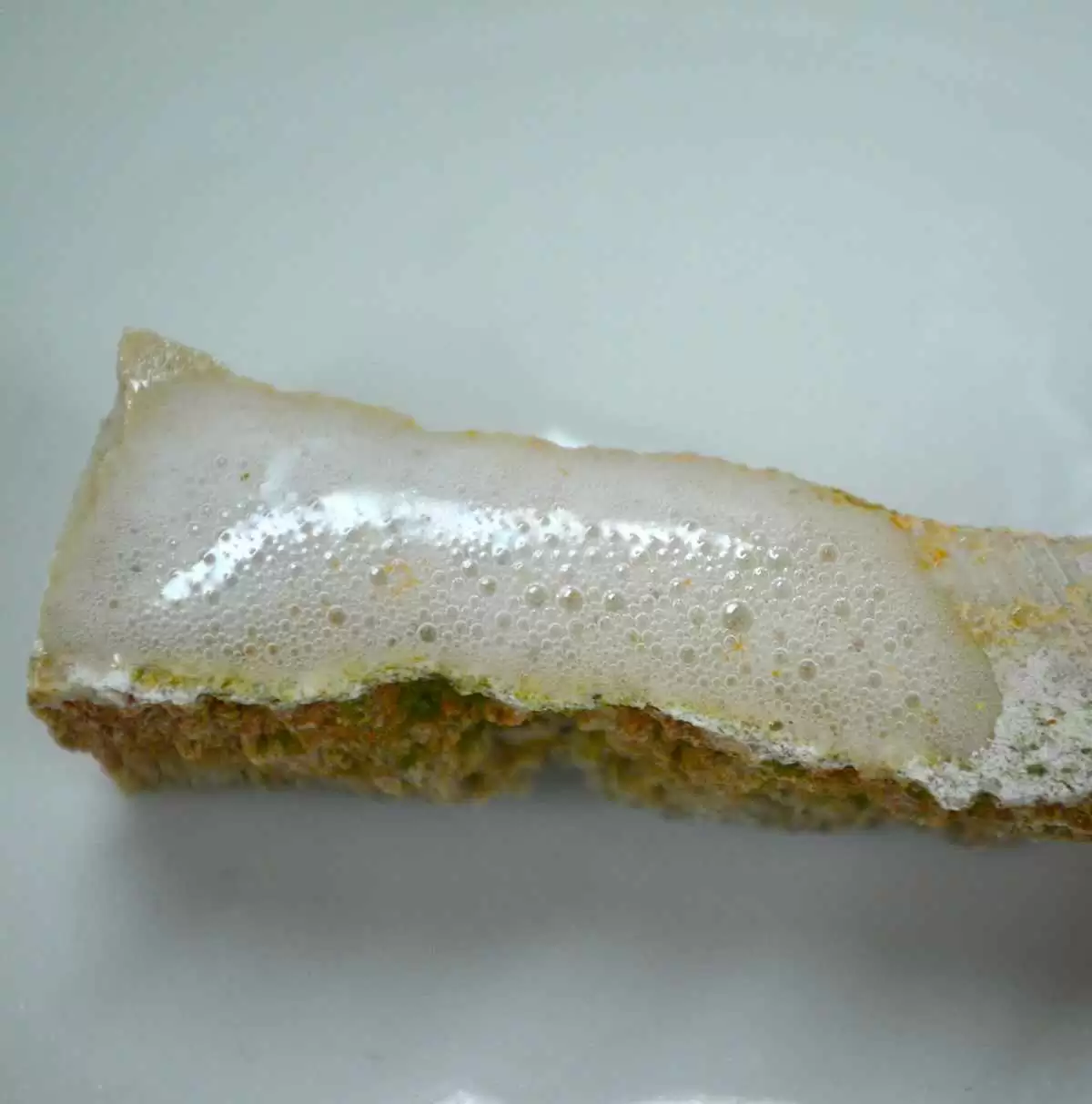
Celiac.com 12/26/2022 - Rates of celiac disease, and the use of medications that inhibit acid secretion, such as proton pump inhibitors, have both increased in recent decades.
A team of researchers recently set out to explore potential connections between anti-secretory medication usage and risk for later development of celiac disease. Here's what they found.
Celiac.com Sponsor (A12):
The research team included Benjamin Lebwohl, MD, MS, Stuart J. Spechler, MD, Timothy C. Wang, MD, Peter H.R. Green, MD, and Jonas F. Ludvigsson, MD, PhD. They are variously affiliated with the Celiac Disease Center, Department of Medicine, Columbia University College of Physicians and Surgeons, New York, New York, USA; the Clinical Epidemiology Unit, Department of Medicine, Karolinska University Hospital and Karolinska Institute, Stockholm, Sweden; the Division of Gastroenterology, Department of Internal Medicine, VA North Texas Healthcare System and UT Southwestern Medical Center, Dallas, Texas; and the Department of Pediatrics, Örebro University Hospital, Sweden.
Population-based case control study
In their population-based case control study, the team identified patients diagnosed with celiac disease across all of Sweden's pathology departments from July 2005 through February 2008. The team then matched patients by age and gender with up to five control subjects.
The team identified previous prescriptions for proton pump inhibitors and histamine-2 receptor antagonists in all study subjects.
The team then used conditional logistic regression to measure the connection between these prescriptions and a later diagnosis for celiac disease.
Proton pump inhibitor prescriptions strongly associated with celiac disease
The data show that people with previous proton pump inhibitor prescriptions had a strong association with celiac disease.
Patients prescribed both proton pump inhibitors and histamine-2 receptor antagonists had a higher risk of celiac disease than those prescribed proton pump inhibitors alone or histamine-2 receptor antagonists alone.
Conclusions
From their findings, the team concludes that exposure to anti-secretory medications, such as proton pump inhibitors, is strongly correlated with a later diagnosis of celiac disease. This association remained, even after the team excluded prescriptions in the year preceding the celiac disease diagnosis, which points to the medications as a causal connection.
The idea that certain medications can influence rates of celiac disease is not new. The idea that medicines like proton pump inhibitors can influence celiac disease rates is both new and potentially powerful information that could change the way we use those medicines, and the way we understand celiac disease development.
Stay tuned for more on this and related stories.
Read more in Dig Liver Dis. 2014 Jan; 46(1): 36–40. doi: 10.1016/j.dld.2013.08.128










Recommended Comments
Create an account or sign in to comment
You need to be a member in order to leave a comment
Create an account
Sign up for a new account in our community. It's easy!
Register a new accountSign in
Already have an account? Sign in here.
Sign In Now